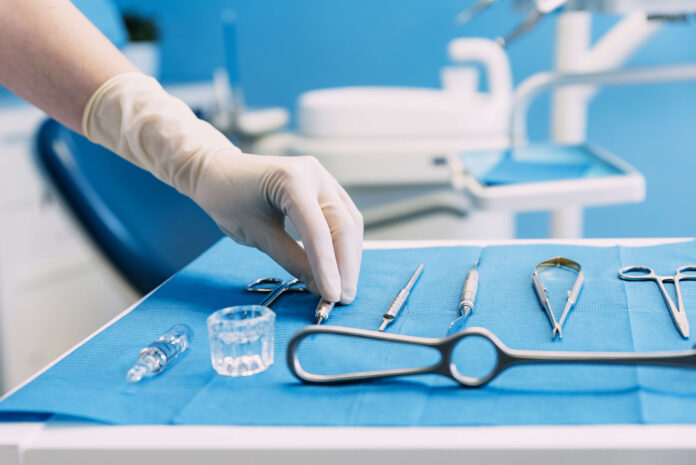
Millions of people around the world rely on dental implants as a way to replace teeth that have become damaged, lost or otherwise impaired. But what about after the surgery? In this article, we will discuss what foods you can eat after dental implant surgery and which ones you should avoid. We will also provide tips on how to recover from the surgery and how to keep your new teeth healthy and functioning for years to come.
Foods to Eat Immediately After Getting Dental Implants
Immediately after dental implants are inserted, you can eat soft foods and liquids. This is because the implant is still healing, so it’s important not to put too much pressure on the implant. You can also brush your teeth and eat normally. After a few days, you can start to eat harder foods and drink chocolates or ice cream.
Foods to Eat in the Weeks After Dental Implant Surgery
There are a few things you can eat after dental implant surgery to help speed your recovery and help minimize pain. Drinking plenty of fluids is important, because dehydration can lead to increased swelling and discomfort. You can also eat soft foods like ice cream or pudding, as well as easy-to-digest snacks like crackers and cheese. Avoid crunchy foods and hard foods that may scratch the implant surface. Wait until your wound has healed completely before eating any solid food, since chewing could cause further damage. Finally, keep an eye on your teeth for signs of infection, which could require antibiotics or other treatments.
Foods That May Cause Damage if Eaten After Dental Implants
Foods that may damage dental implants if eaten after the procedure include hot foods, acidic foods, crunchy fruits and vegetables, and sugary drinks. To avoid any damage, follow these guidelines:
- Avoid eating hot foods shortly after dental implant surgery. The heat from the food can cause the metal to expand or contract, which could lead to problems with the implant.
- Avoid eating acidic foods and drinks soon after surgery. These substances can destroy the metal in your implants over time.
- Avoid crunchy items like celery and carrots, which can damage your implants if they are chewed on quickly. They also contain a high level of sugar which can cause inflammation and infection around your implant site.
- Stick to softer fruits and vegetables like apples and bell peppers when dining out or consuming food at home. These items will not cause as much damage to your implant as hard-to-chew items would.
Other Ways to Care for Your Dental Implants
Since dental implants are a long-term investment, it is important to take care of them in the best way possible. Below are some other ways to care for your dental implants:
-Wash your hands and forearms thoroughly with soap and water before and after touching your implant(s).
-Avoid foods that may cause bacteria to form, such as raw meats, unpasteurized dairy products, deli meats, and sushi.
-Drink plenty of water while following a healthy diet to avoid dry mouth or tooth decay.
– chew sugarless gum or suck on ice chips if you experience pain or discomfort when biting down on solid food.
Need Dental Implants In Raleigh NC?
If you are in need of dental implants in Raleigh, North Carolina, there are many options available to you. There are many reputable dental clinics in Raleigh NC that can provide you with the care and treatment you need.
When choosing a dental clinic for your implants, it is important to consider their experience and qualifications. You will also want to ask about their success rate with implant procedures. It is also a good idea to get some referrals from friends or family who have had dental work done in the past.
Once you have chosen a clinic, they will likely perform a consultation to assess your individual needs. They will then develop a treatment plan specifically for you. This plan may include one or more surgeries, depending on the severity of your case.
After your surgery, you will need to take care of your new implants properly to ensure they last for many years to come. Your dentist will give you specific instructions on how to brush and floss them correctly. You should also avoid eating hard foods or chewing gum too vigorously, as this can damage your implants.




